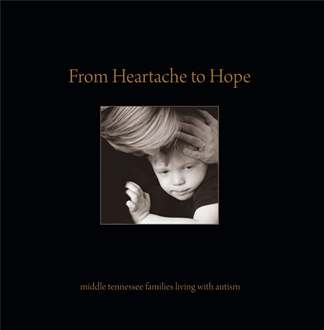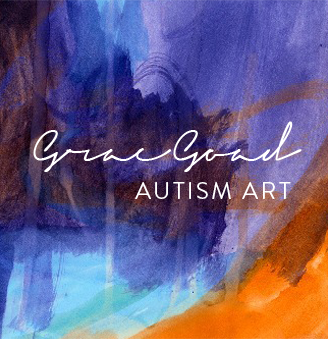Disclaimer: this is an independent review. I was not paid or asked to provide the following endorsement.
In Spiritual Divorce: Divorce as a Catalyst for an Extraordinary Life, New York Times bestselling author and life coach Debbie Ford writes from hard-earned emotional sweat equity backed by sound insights. I wish I had of found this book seven years ago when I separated permanently and divorced two years later. I searched for classes and other individuals having – I didn’t have a name for it then, but now I do – a “spiritual divorce.” At first, the concept of a spiritual divorce may seem ironic to some. In our culture the model for divorce is bitterness, hate and anger. Ford honors the truth that two people can decide their lives no longer work well as a couple and go about separating in a peaceful manner. It is still not easy and it is still painful, but the roller coaster ride of divorce is shorter and has a lot less emotional spikes and plunges when carried out amicably and with a consciousness that all things do work together for a greater Good.
As Spiritual Divorce explains, even if readers did not have friendly divorces, even if the divorced occurred decades ago, an individual can continue to heal, grow and mature emotionally and spiritually from the experience. Along the lines of other New Thought movement leaders and in her own special brand, Ford tells how the essential gift of divorce is what it teaches us about ourselves in ways we need to learn and grow. That we are living lives in which we are attracting to us – even the negative – opportunities to learn. So, if divorce was anything but happy (as it is not with most if not all of us) we can take away the nugget or many nuggets of what we needed to learn from the experience.
I received this book about four years ago as a Christmas gift from a close relative then experiencing divorce. At first blush, upon unwrapping it, I egotistically thought: “I don’t need this?! I am years past this! I’ve done this work already.” What I was gifted from the book is that the core message applies to all of our relationships and lives. I became “convicted” (to use a good, old-fashion Baptist word) of certain resentments I had held, in some cases, for 25 years or longer. I thought I had cleansed myself of these toxins, that I had forgiven these people in my life. I realized to a greater extent that I had not and just how deeply this was affecting my life, even to the point of keeping me from achieving some of the dreams of my Greater Good and Higher Purpose in Life. The baggage I cleared, because of this book's catalytic effect, was not all divorce related.
If you are going through a divorce, read it! If you have gone through a divorce and still feel toxic, read it. If you are just curious, read it. Or, read another one of Ford’s books. Apparently, a central theme of empowering consciousness of Life as a customized teacher runs through this book and all of Ford’s titles.
I've been meaning to write more here about this issue that is dear to me–peaceful divorce and also the many positive, transformative ways divorce and gift our lives. At the recent Blissdom blogging conference here, I met a blogger named Mandy Walker who's dedicated her blog to issues surrounding divorce on her blog, Since My Divorce….I also was blessed to recently have dinner and lunch within about a month with a special friend whom I met in my first foray into divorce classes–Nashville's Brentwood United Methodist's former Divorce Adjustment class, now called: Divorce Reclaim and Recovery, started by my wonderful former, now semi-retired therapist. My friend Anne–probably 14 years my senior, a practicing architect and mother of four amazing grown children–remarried last year, wedding her first love. (No, this was not an internet match-up.) Both times, during which we relished one anothers' company recently, she could not emphasize enough how positive the "life-tranforming" changes brought to her via divorce. (I love you, Anne! Thanks for walking alongside me on this exciting journey.)
(While there is a lot of merit in the popular DivorceCare classes sponsored by various churches–and which I took part 2-and-a-half times–they have a very conservative bent, whereas the core of BUMC's program is much more compassionate and user-friendly. That said, I am grateful from the core information about the emotional-psychological effects and the friends and support I received from the program at the more progressive venue of Bellevue Community Church.)




